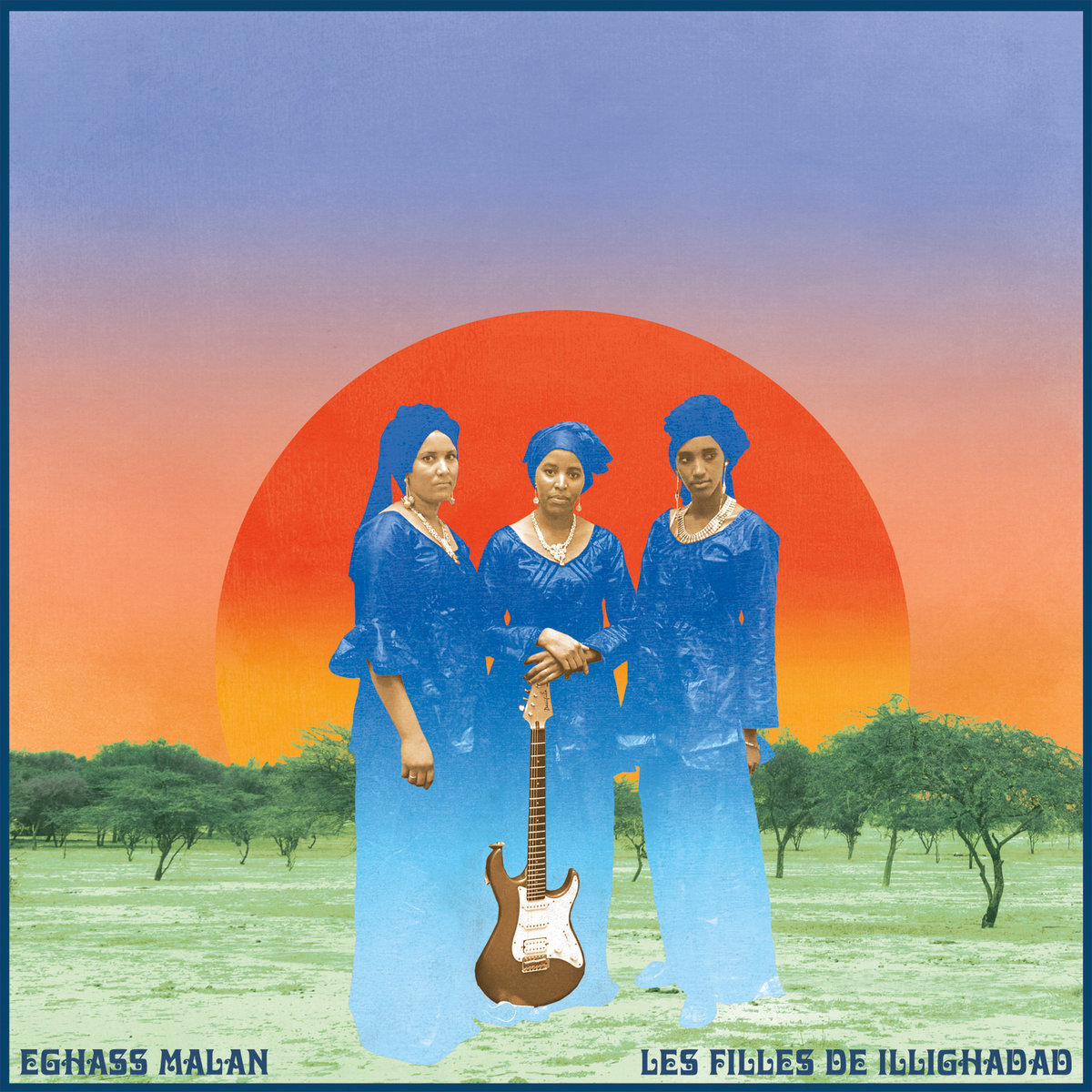Sometimes known as “Desert Blues.”
Sometimes known as “Saharan Rock.”
Sometimes known as “Tuareg Guitar.”
Whatever you call it, there is a style of music closely associated with the Tuareg people (Kel Tamashek) and the geography of the Western Sahara desert, from Morocco extending to Mali. Steeped in its stark, unforgiving geography, and a political climate to match, the music is a derivative of blues rock and relies on open tunings and repetitive, droning, of patterns played over skittering percussion often creating an effect that many might equate with psychedelic rock. Many of the lyrics are centuries old poems and stories passed down from one generation to another. It is often highly political and is always rooted in its time, place, and people. The Tuareg people are one of the largest confederations of African Berbers and have often had to fight for their own survival and identity, whether against French colonialists, or the Malian, or Nigerian governments.
Cooked up in the sunbaked desert and under breathing the air of political struggle, “Desert Blues” often reflects the shimmery simmer of the desert heat; the very fight just to survive somewhere that seems to be actively working against you being there in the first place, which of course extends to the political struggles endured by these resilient people. The Blues isn’t just about being Blue, it’s about the fight to keep on living despite what life may bring. Often reflecting the nomadic nature of its creators, Desert Blues can be both transcendent and imminently urgent; joyous and defiant all at once. You have to live where you find yourself, even if you know you’ll be moving along soon. The fantastic label Sahel Sounds (home to Mdou Moctar) describes the music as:
“Tuareg guitar has become one of the most popular folk music in the contemporary Sahara. Originally political ballads, created in exile in Libya, today the sound has expanded to encompass everything from introspective love songs, blistering psychedelic rock, and synthesizer and drum machine. At its core, the music still relies on poetry to transmit a message, carried by the pentatonic solos of a guitar.”
The music has gained popularity over the years, in large part riding the visibility of artists like Bombino, Tinariwen, and now Mdou Moctar. Both Moctar and Tinariwen released fantastic albums in 2019 that deserve to be listened to, not just heard.




























































